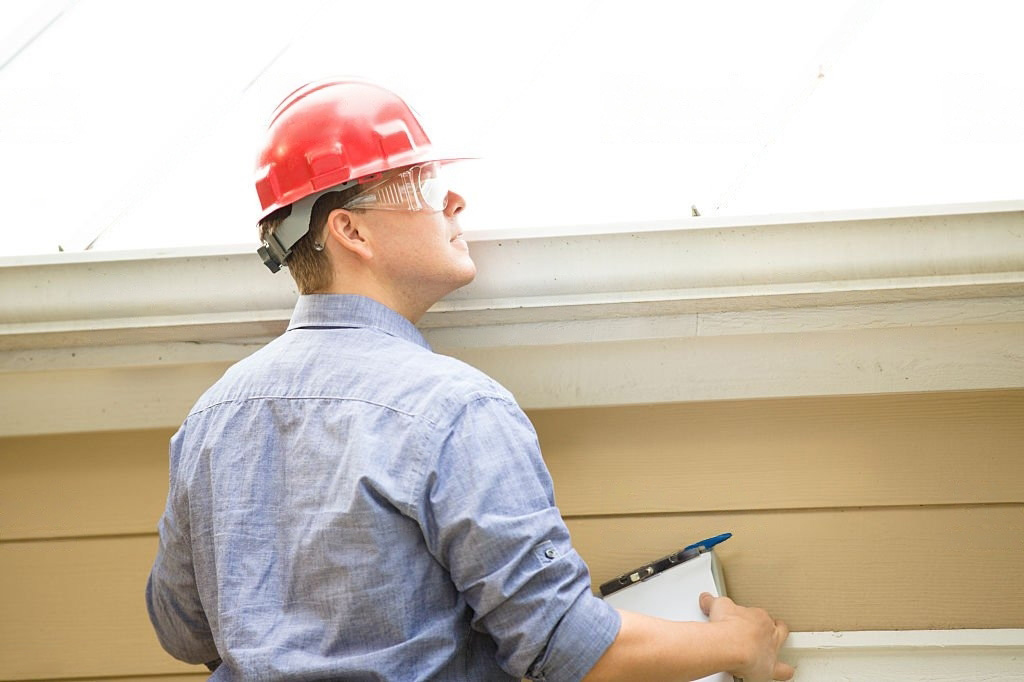
How Often Should I Have My Roof Inspected? A Comprehensive Guide
Introduction
Your roof plays a crucial role in protecting your home from the elements, so it’s essential to ensure its durability and functionality. Regular roof inspections are key to identifying potential issues early on and preventing costly repairs down the line. In this blog, we’ll discuss the importance of roof inspections and provide insights into how often you should have your roof inspected to maintain its optimal condition.
Why Roof Inspections Are Necessary
- Early Problem Detection:
Regular inspections allow professional roofers to identify minor issues, such as damaged shingles, loose flashing, or small leaks, before they escalate into major problems. Addressing these issues promptly can save you from extensive damage and costly repairs.
- Prolonged Roof Lifespan:
By detecting and fixing problems early, roof inspections help extend the lifespan of your roof. Proper maintenance and timely repairs can prevent premature deterioration and maximize the longevity of your roofing system.
- Warranty Compliance:
Many roofing warranties require regular inspections and maintenance to remain valid. Neglecting these requirements may void your warranty, leaving you responsible for repair costs that could have been covered.
Factors Influencing Inspection Frequency
- Age of the Roof:
Older roofs are more susceptible to wear and tear, making frequent inspections essential. As a general rule, roofs over 20 years old should be inspected annually or biannually.
- Weather Conditions:
If your area experiences severe weather conditions, such as heavy rain, hailstorms, or high winds, more frequent inspections are advisable. Extreme weather events can cause significant damage, and timely detection is crucial.
- Tree Coverage:
If your property is surrounded by trees, regular inspections are recommended due to the potential for fallen branches or debris that can damage the roof’s surface or clog gutters.
- Previous Repairs or Replacements:
If you’ve recently had repairs or a roof replacement, it’s wise to schedule inspections in the first few years to ensure the new materials are functioning correctly and to address any installation issues.
Recommended Inspection Frequencies
- Annual Inspections:
For most residential roofs, an annual inspection is generally sufficient to identify any developing issues and perform routine maintenance. This frequency is suitable for roofs in good condition without any significant risk factors.
- Biannual Inspections:
In regions with extreme weather conditions or roofs over 20 years old, scheduling inspections twice a year is recommended. This proactive approach helps catch problems early and minimize potential damage.
- Seasonal Inspections:
For areas with distinct seasons, scheduling inspections before and after the harshest seasons can help identify and address weather-related damage. This is particularly important in regions with heavy snowfall, intense heat, or frequent storms.
- Post-Storm Inspections:
Following severe storms, it’s essential to have your roof inspected, regardless of your regular inspection schedule. High winds, hail, or heavy rain can cause significant damage that requires immediate attention.
Conclusion
Regular roof inspections are vital for maintaining the integrity and functionality of your roofing system. The frequency of inspections depends on various factors, including the roof’s age, weather conditions, tree coverage, and any recent repairs or replacements. Whether it’s an annual, biannual, or seasonal inspection, prioritizing regular inspections will help you detect problems early, extend your roof’s lifespan, and ensure warranty compliance.
Don’t underestimate the importance of professional inspections to safeguard your home and investments. Consult with a reputable roofing company to establish a suitable inspection schedule based on your specific circumstances. By being proactive and diligent, you can enjoy a well-maintained roof




